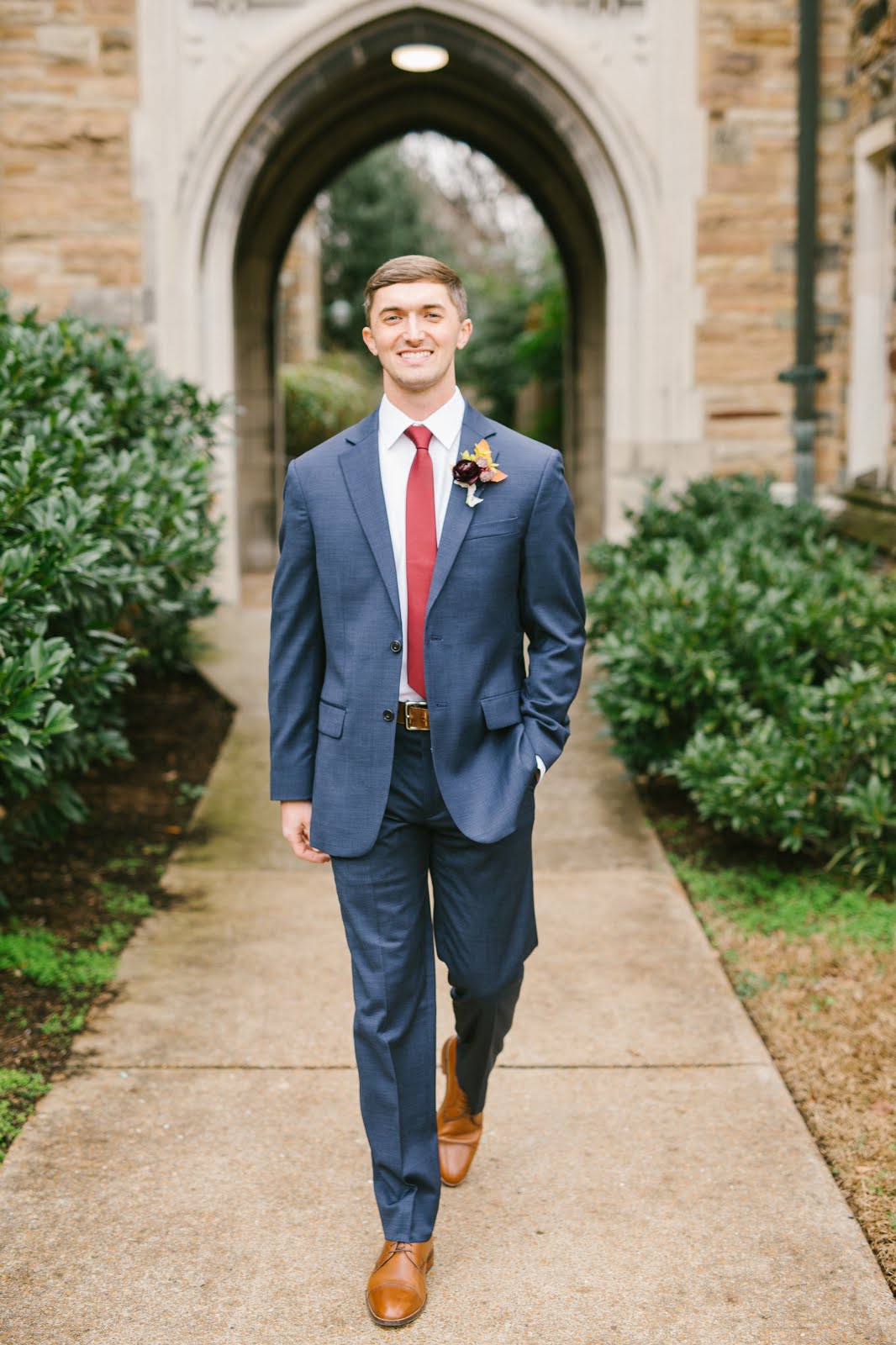Parkinson's disease
A test for Parkinson’s with a phone call
Max Little— June 2012
Little, M. (2012, June 1). A test for Parkinson's with a phone call. Retrieved from https:// www.ted.com/talks/max_little_a_test_for_parkinson_s_with_a_phone_call?language=en#t-238655
Max Little is an applied mathematician. He has a friend, Jan, who has Parkinson’s and it destroyed her ballet career. 6.3 million people worldwide who have the disease and have to live with weakness, tremor, and rigidity. Max believes we need objective tools that will diagnosis and detect the disease earlier and more accurately. Unfortunately there are no biomarkers that show Parkinson’s disease. The most accurate current test is a 20 minute neurological test that is costly and will require the patient to come into a doctors office to receive the test. The test in the neurologist clinic is around $300. The vocal folds are affected in patients with Parkinson’s and Max is tracking those differentiations to diagnosis Parkinson’s with a phone call. Max’s goals are reducing logistical difficulties, high-frequency monitoring, and low-cost mass recruitment. He has developed a non-expert test to diagnosis Parkinson’s. Parkinson’s Voice Initiative is a way that everyone can call into the hotline and leave small voice recordings in order for Max and his team to collect data and see if individuals are showing early signs of Parkinson’s through their voice recordings. The more data Max receives the more advanced his machine learning will become and the better detection rate will be for his diagnostic tool. He also will be using the voice call in service for patients with Parkinson’s disease to call in and their doctor will receive the recording in order to check up on their progress. The doctor will be able to tell the progression of their disease solely based on the voice recording.
I chose this Ted Talk because of the technology used to detect/track progress of Parkinson’s disease. I believe technology can make our lives better, more convenient, and more accessible in terms of healthcare opportunities. I was very intrigued by Max’s talk about machine learning and how collecting more and more data will increase the accuracy of detection and progression. It is something that will be paramount in the coming years especially in the healthcare sector.
In addition to above, I believe I learned how technology can not only help us as healthcare practitioners, but it can completely mold how we care for our patients. I know as occupational therapist we will use our therapeutic use of self every single day with our clients, and we will build lifelong bonds with them as well. However, in today’s world we can communicate with individuals through the internet we never would have had the chance to meet in our entire lives. This is a special time and we can take advantage of the technology we have to enhance and benefit our lives. I believe there will always be a special place for face to face, physical communication, but I do believe technology, machine learning, AI, Virtual reality will better our lives and the health of our world.
Below is Max’s website:



